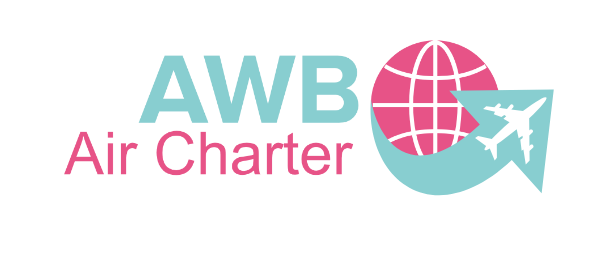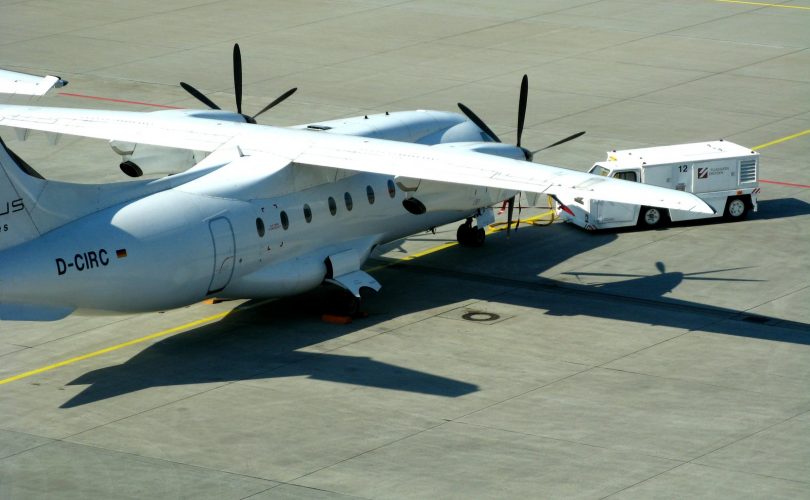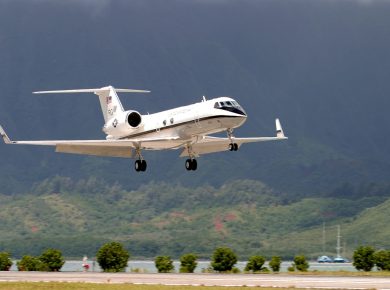Are you considering chartering a private plane the next time you travel? Many people with the means to do so enjoy using private planes because they can avoid the airport and the crowds. However, the safety of private planes, which are much smaller than commercial planes, is something you should consider before you decide if you want to fly private. Here is some safety information that will make you more prepared to make a choice.
Crashes
According to the National Transportation Safety Board, in 2011 94% of fatal plane accidents occurred with private air crafts. They also state that private air crafts average seven accidents per 100,000 flight hours, while commercial air crafts only have .16 accidents per 100,000 flight hours.
That being said, it is still extremely rare to have a plane crash, even given the regular use of private planes. You are much more likely to die in a car crash on your way to your flight than you are actually to experience a crash while you are flying. While the statistics do show that crashes in private planes occur at a higher rate than they do in commercial planes, it is still not a number most people should worry about too much.
Pilot Experience
Private pilots can usually be certified to fly their aircraft with a lower number of flight hours than a pilot who flies commercial planes, so the question of quality pilots also comes up. They do not face the same strict guidelines.
Additionally, private pilots are not required to have liability insurance like commercial pilots are. If they were, they would have to meet the stricter requirements that are set by the insurance companies.
Safety Protocols
The Federal Aviation Administration inspections and regulations ensure the safety of private planes. Planes get an inspection score based on factors like procedures and flying protocol, plane maintenance, pilot experience, and several others. Before every flight, each private plane must pass a series of checklists that ensure the mechanical safety of the plane as well.
Your plane will not be allowed to take off if it does not meet the standards set by the Federal Aviation Administration. You can ask to see the checklist and score that the plane you will be on has received if you are interested in knowing the specifics.
The consensus is that flying on private planes is a little less safe than it is to fly commercially. However, you should still feel very comfortable doing either one. Make sure the plane you are regularly using undergoes safety checks and that you are comfortable with the amount of experience and credentials of the pilot who will be taking you. As long as this is the case, there’s no reason not to fly on a privately chartered plane. However, if you are ultimately trying to fly in the statistically safest way possible, going on a commercial flight gives you better odds.


